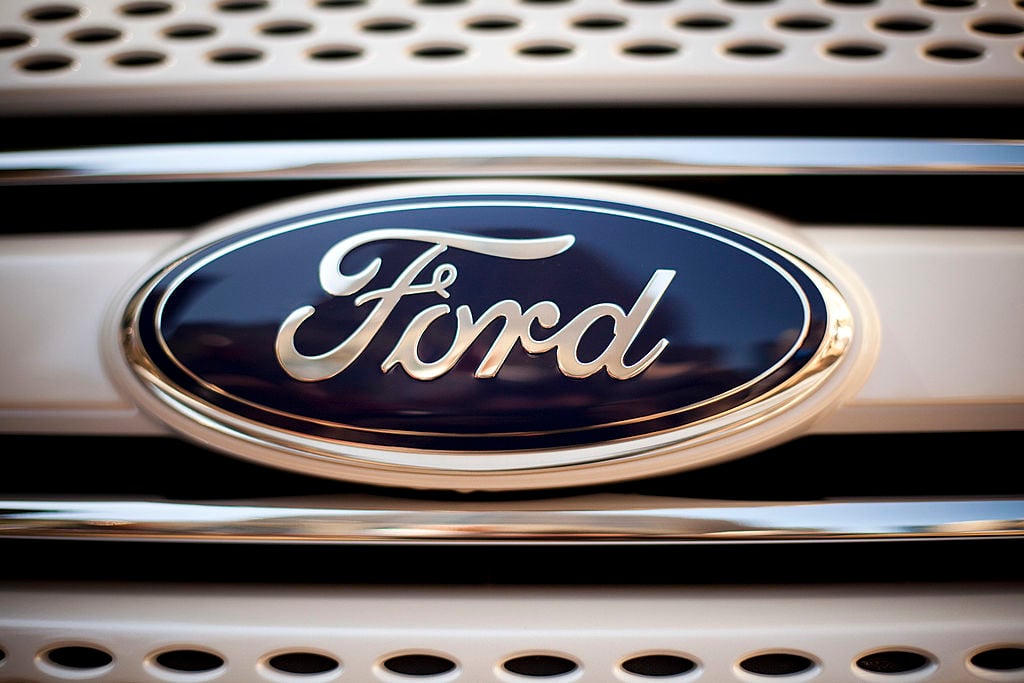Ford (F +2.45%) is a rare business because it's been around for so long. Having been founded in 1903, the automaker has been an important part of the American economy. And its ongoing relevance shows just how successful it has been in its industry.
This auto stock is having a great year thus far. As of Aug. 19, it's up 17% in 2025. But can Ford turn its investors into millionaires over the long term? Here's what you should know about the Detroit car company.

Image source: Getty Images.
Looking at Ford's business under the hood
With a history that spans more than 120 years, Ford has built up brand awareness simply from being around for such a long time. This brand recognition is also supported by the fact that the company's F-series pickups have been the best-selling trucks in the U.S. for 48 straight years. That's an unbelievable track record.
However, I think a deeper look at this company will reveal that it's not a high-quality operation that investors will want to own for a long time. There are some key reasons why.
Ford isn't going to post strong revenue growth consistently. Unit volumes were up 14.2% in the U.S. in the second quarter (ended June 30), thanks to significant demand during Ford's employee-pricing program to boost sales amid trade and tariff uncertainties. This pace isn't sustainable. Between 2014 and 2024, Ford's top line increased at a compound annual rate of just 2.5%, a trend that seems likely to continue going forward.
The global auto industry is very mature in the sense that unit volumes won't increase in any meaningful way on a yearly basis. Ford is making a push into electric vehicles, a part of the industry with potential, but this specific segment posted a $1.3 billion operating loss in Q2.
Cyclicality is another reason that investors should tread with caution. Cars are huge buying decisions for consumers, as opposed to being small, repeat purchases. This makes Ford's demand highly sensitive to economic forces. If there's a mild downturn or even a severe recession, sales could face significant pressure.
As a result, Ford's low profitability, as demonstrated by its Q2 adjusted operating margin of 4.3% and adjusted return on invested capital of 10.1%, will take a hit. In fact, it wouldn't be a surprise to see the business post a net loss in an adverse economic scenario. Ford's profitability leaves much to be desired, and it's yet another reason this isn't a great company.

NYSE: F
Key Data Points
Ford won't make investors rich
In the past decade, Ford shares have generated a total return of just 33% (as of Aug. 19). At the same time, the S&P 500 index produced a total return of 267%. This disappointing track record adds fuel to the argument above that Ford isn't a high-quality company. A smart rule of thumb to follow generally is that good businesses should produce returns that beat the market over the long term.
This stock won't make investors rich. The chance for investors to achieve meaningful capital appreciation is very low, in my opinion. Owning Ford provides much less upside than owning a competitively advantaged technology stock, like Alphabet, for example, that registers strong earnings growth over the long run.
But if you're someone who likes to generate income from the stocks in your portfolio, then Ford might fit the bill. The current dividend yield is a hefty 5.18%.
And if paying a cheap valuation is something you prioritize, then Ford stock's forward price-to-earnings ratio of 10.3 might be an attractive proposition. It's worth mentioning, though, that betting on a quick gain from the valuation multiple expanding isn't really a game that long-term investors should be playing.
Ford is a symbol of American industrialism, but it's not a millionaire-making stock.





